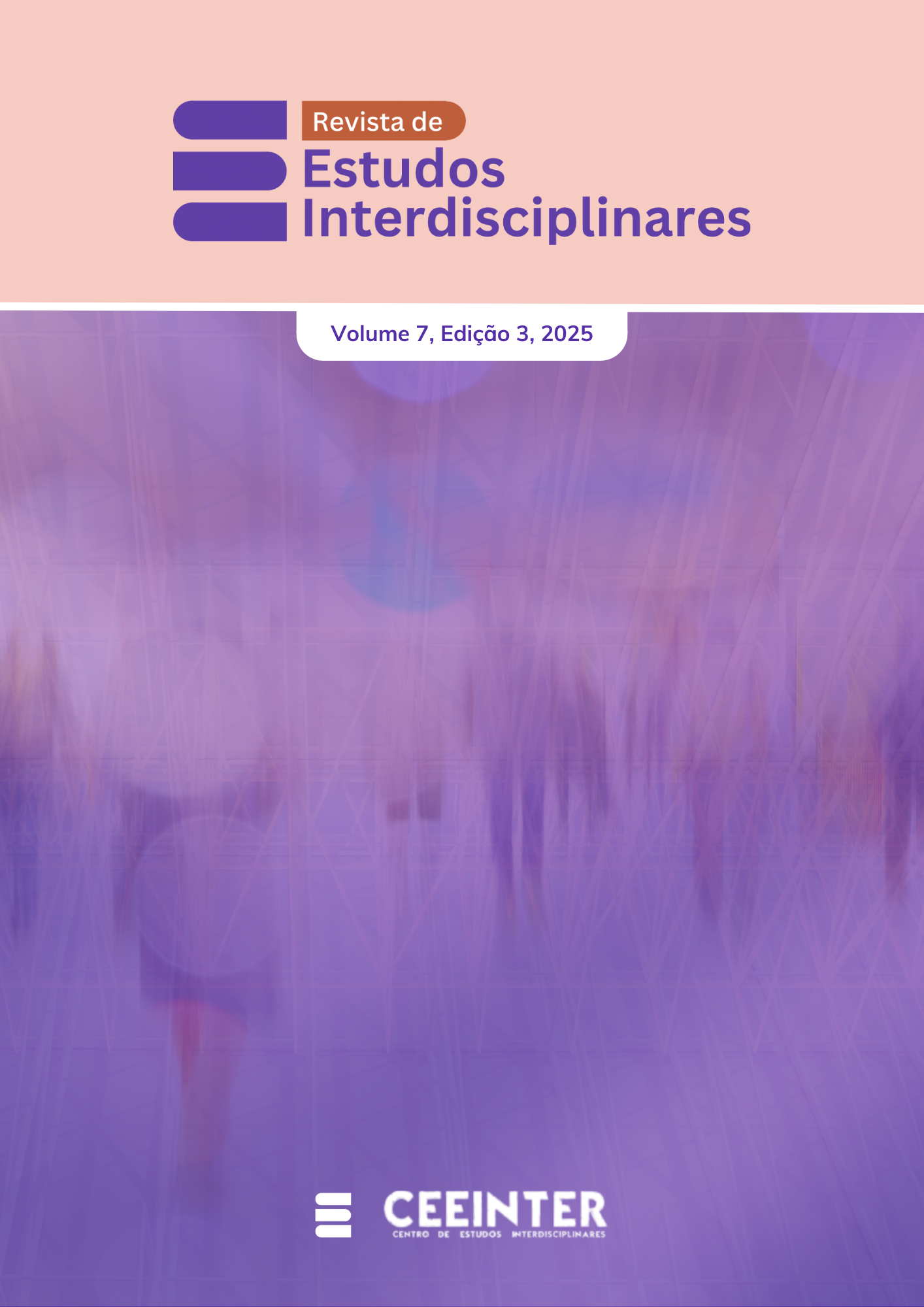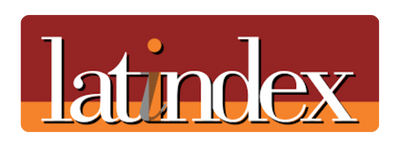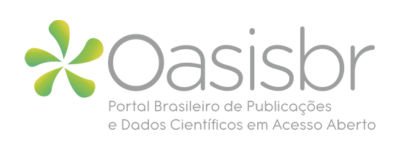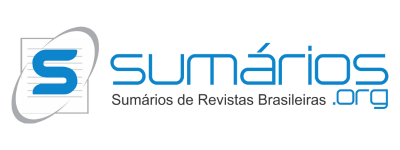SOCIAL REPRESENTATIONS OF BEING A TEACHER
AN ANALYSIS OF THE NATIONAL CURRICULUM GUIDELINES FOR INITIAL TEACHER EDUCATION
Visualizações: 11DOI:
https://doi.org/10.56579/rei.v7i3.1703Keywords:
Social Representations, Teacher Education, Distance Learning, Curriculum GuidelinesAbstract
This article aimed to analyze evidence of social representations about being a teacher contained in the National Curricular Guidelines for Initial Higher Education Training for Basic School Education Teachers. Document Analysis was used as a methodological strategy to enable the collection, evaluation and interpretation of documents. The Theory of Social Representations was used as a theoretical-methodological framework for interpreting the document from a psychosocial perspective. In relation to teacher training, the text is anchored in the propositions of the references of the field itself. In relation to teacher training in the reflections of Gatti and Barreto (2009), Borges (2012) and Tardif (2014). The research prioritized a qualitative approach, as it prioritized a dynamic and totalizing method of interpretation of the reality found. The research analyzed a possible setback in relation to the offering of distance learning undergraduate courses since it makes it mandatory to carry out 50% of the disciplines in person. In addition, it excludes from the government the responsibility for the quality offered in teacher training, attributing to the students the responsibility for their development.
Downloads
References
ABRIC, Jean Claude. A abordagem estrutural das representações sociais. In.: MOREIRA, A. S. P.; OLIVEIRA, D. C. (Org.). Estudos interdisciplinares de representação social. Goiânia: AB, 1998. p. 27-38.
ALMEIDA, Danice Betania de . Serge Moscovici e Henri Lefebvre – um estudo sobre representação. Curitiba: CRV, 2019.
ANDRADE, Érina Ribeiro; NOVAES, Adelina de Oliveira. Constituição da subjetividade docente: reflexões e contribuições do estágio supervisionado. São Paulo: Dialética, 2022.
BACICH, Lilian. MORAN, José. (Orgs.). Metodologias Ativas para uma Educação inovadora.: uma abordagem teórico prática. Porto Alegre: Penso, 2018.
BARROS, Daniela Melaré Vieira. A Teoria dos Estilos de aprendizagem: convergência com as tecnologias digitais convergência com as tecnologias digitais. Revista SER: Saber, Educação e Reflexão, Agudos/SP ISSN 1983-2591 - v.1, n.2, Jul. - Dez./ 2008. Disponível em: https://repositorioaberto.uab.pt/bitstream/10400.2/2999/3/70-228-1-PB%202.pdf. Acesso em: 26 set. 2024.
BRASIL. LDB – Lei de Diretrizes e Bases da Educacional. Lei 9394/96.
BRASIL. MEC. 2024. Resolução Nº 4, DE 29 de maio de 2024. Dispõe das Diretrizes Curriculares Nacionais para a formação Inicial em Nível Superior de Profissionais do Magistério da Educação Básica (cursos de licenciatura, cursos de formação pedagógica para graduados não licenciados e cursos de segunda licenciatura). Brasília. MEC.
BORGES, Maria Célia; AQUINO, Orlando Fernández; PUENTES, Roberto Valdés. Formação de professores no Brasil: história, políticas e perspectivas. Revista HISTEDBR On-line, Campinas, SP, v. 11, n. 42, p. 94–112, 2012. DOI: 10.20396/rho.v11i42.8639868. Disponível em: https://periodicos.sbu.unicamp.br/ojs/index.php/histedbr/article/view/8639868. Acesso em: 26 jun. 2024.
CHAMON, Edna Maria Querido de Oliveira. Representações sociais da formação docente em estudantes e professores da Educação Básica. Revista Quadrimestral da Associação Brasileira de Psicologia Escolar e Educacional, São Paulo, v. 18, n. 2, p. 303-312, maio/ ago. 2014.
GATTI, B. A.; BARRETTO, E. S. de S. (Coord). Professores do Brasil: impasses e desafios. Brasília: UNESCO, 2009.
Jodelet, D. Representações sociais: um domínio em expansão. In: Jodelet, D. (Org.). As Representações sociais. Rio de Janeiro: EDUERJ, 1990.
JOVCHELOVITCH, Sandra. Vivendo a vida com os outros: intersubjetividade, espaço público e representações sociais. In P. Guareschi, S. Jovchelovitch (orgs.). Textos em representações sociais. Petrópolis, RJ: Vozes. 1994. p. 63-85.
JUNIOR, E. B. OLIVEIRA, G. S.; SANTOS, A. C. O; L.SCHNEKENBERG, G. F. Análise Documental como percuso metodológico na pesquisa qualitativa. Cadernos da Fucamp, v.20, n.44, p.36-51/2021. Disponível em: https://revistas.fucamp.edu.br/index.php/cadernos/article/view/2356. Acesso em: 23 jul. 2024.
LIBÂNEO, José Carlos. Adeus professor, adeus professora? Novas exigências educacionais e profissão. 13. ed. São Paulo. Cortez, 2011.
LUCKESI, Cipriano. Filosofia da Educacao. 3 ed. São Paulo. Cortez, 2011.
MACHADO, l. B; ANICETO, R. d. (Abril/Junho de 2010). Núcleo Central e periferia das representações sociais de ciclos de aprendizagem entre professores. Ensaio: Avaliação e Políticas Públicas em Educação, 345- 364.
MOSCOVICI, S. Representações Sociais: investigações em psicologia social. 11ª ed. Petrópolis, RJ: Vozes, 2015.
PRODANOV, Cleber Cristiano. FREITAS, Ernani Cesar de. Metodologia do trabalho científico [recurso eletrônico] : métodos e técnicas da pesquisa e do trabalho acadêmico. 2. ed. – Novo Hamburgo: Feevale, 2013.
RIBEIRO JUNIOR, J. A formação Pedagógica do Professor de Direito. Campinas-SP: Papirus, 2001.
Sá, C P. (1996). Núcleo central das representações sociais. Petrópolis: Vozes.
Sá, C P. (2015). Estudos de psicologia social: História, comportamento, representações e memória. Rio de Janeiro, EDUERJ, 2015.
SAVIANI, D. Formação de professores: aspectos históricos do problema no contexto brasileiro. Rev. Bras. Educ. [online]. 2009. Vol.14, n. 40, pp. 143-155.
TARDIF, Maurice. Saberes docentes e formação profissional. 17. Ed. Petrópolis, Rj. Vozes, 2014.
Downloads
Published
How to Cite
Issue
Section
License
Copyright (c) 2025 Interdisciplinary Studies Journal

This work is licensed under a Creative Commons Attribution 4.0 International License.
The Journal of Interdisciplinary Studies adopts the Creative Commons Attribution 4.0 International License (CC BY 4.0), which allows for sharing and adapting the work, including for commercial purposes, provided proper attribution is given and the original publication in this journal is acknowledged.













